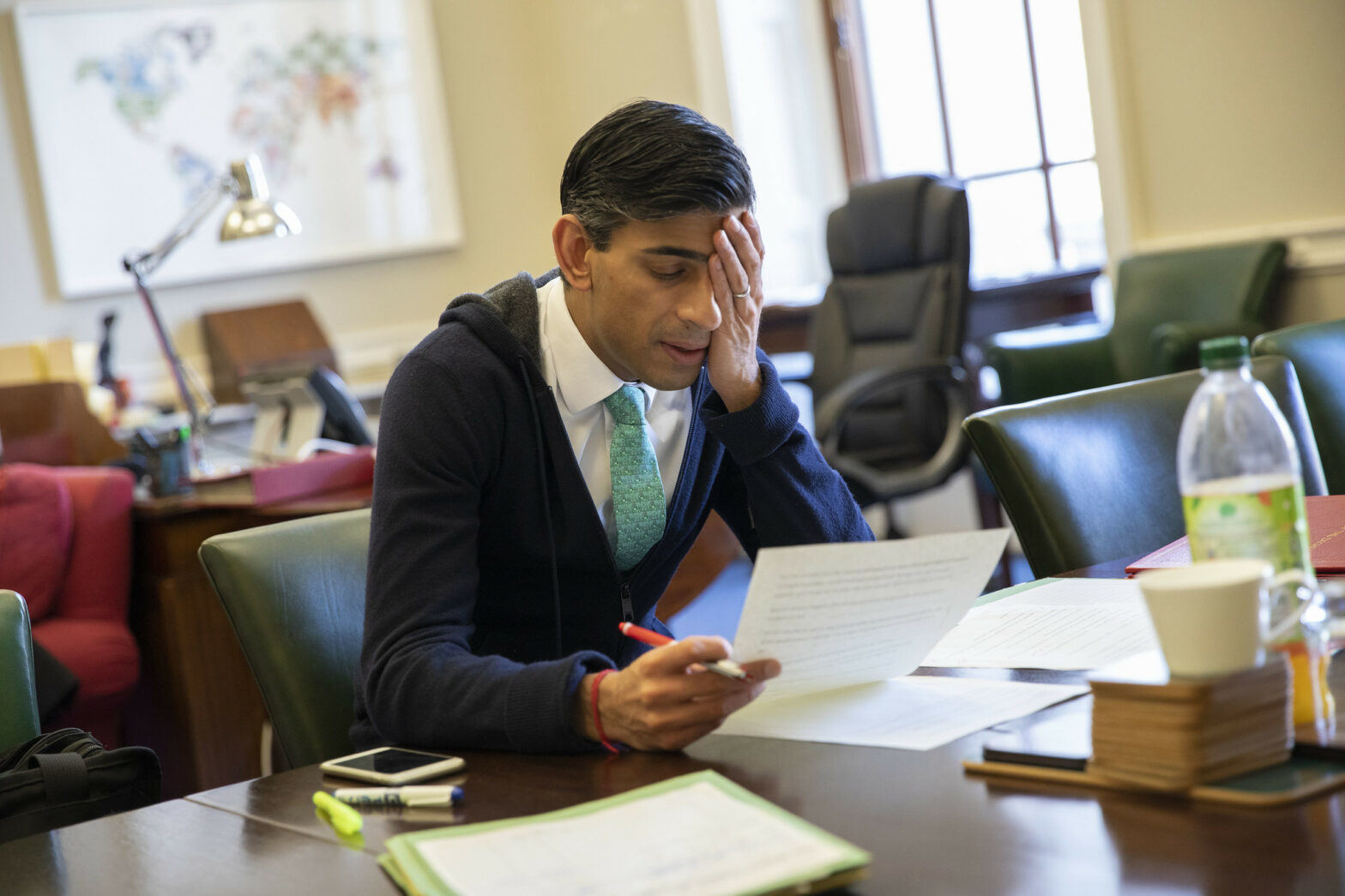Rishi Sunak is set to announce a fourth and final round of the £7,500 grant for the self-employed in next week’s Budget.
As before, certain self-employed will be able to claim a Self-Employment Income Support Scheme (SEIISS) grant worth up to £7,500 over three months covering February, March and April.
However, if true, next week’s announcement again ignores the over a million people who have been excluded from self-employed grants because either they have a parallel source of income or they pay themselves in dividends or they earn over £50,000 a year.
Last month, influential thinktank the Institute for Fiscal Studies (IFS) said the Government should act to help self-employed excluded from Covid support because more than 50 pe cent of their income came from elsewhere, an exclusion which disproportionately attacked women on modest incomes.
>See also: Government must help self-employed excluded due to 50% income rule
Meanwhile, business groups have written to Mr Sunak urging him to help the nearly 800,000 company directors frozen out of emergency Covid-19 support, which they saw as a stealth attack by HMRC because company directors pay corporation tax at the lower 19 per cent rate.
However, according to the Telegraph, the grant scheme could be scrapped or drastically scaled back from May, given that lockdown restrictions in England are due to be fully lifted by late June.
>See also: Covid-19 roadmap – plan for shops, gyms and zoos to reopen from April 12
Currently the maximum £2,500 per month cap is calculated against an allowable 80 per cent of profits. Mr Sunak has discussed dropping that to making grants against 20 per cent of profits as the economy opens up. Another idea is to make self-employed grants even more targeted.
To date, SEISS has cost the Treasury £18.9bn.
The first grants saw 2.6m people claim a total of £7.6bn, the second was claimed by 2.3m people at a cost of £5.9bn, and the third grant saw 1.9m people claim £5.4bn.





